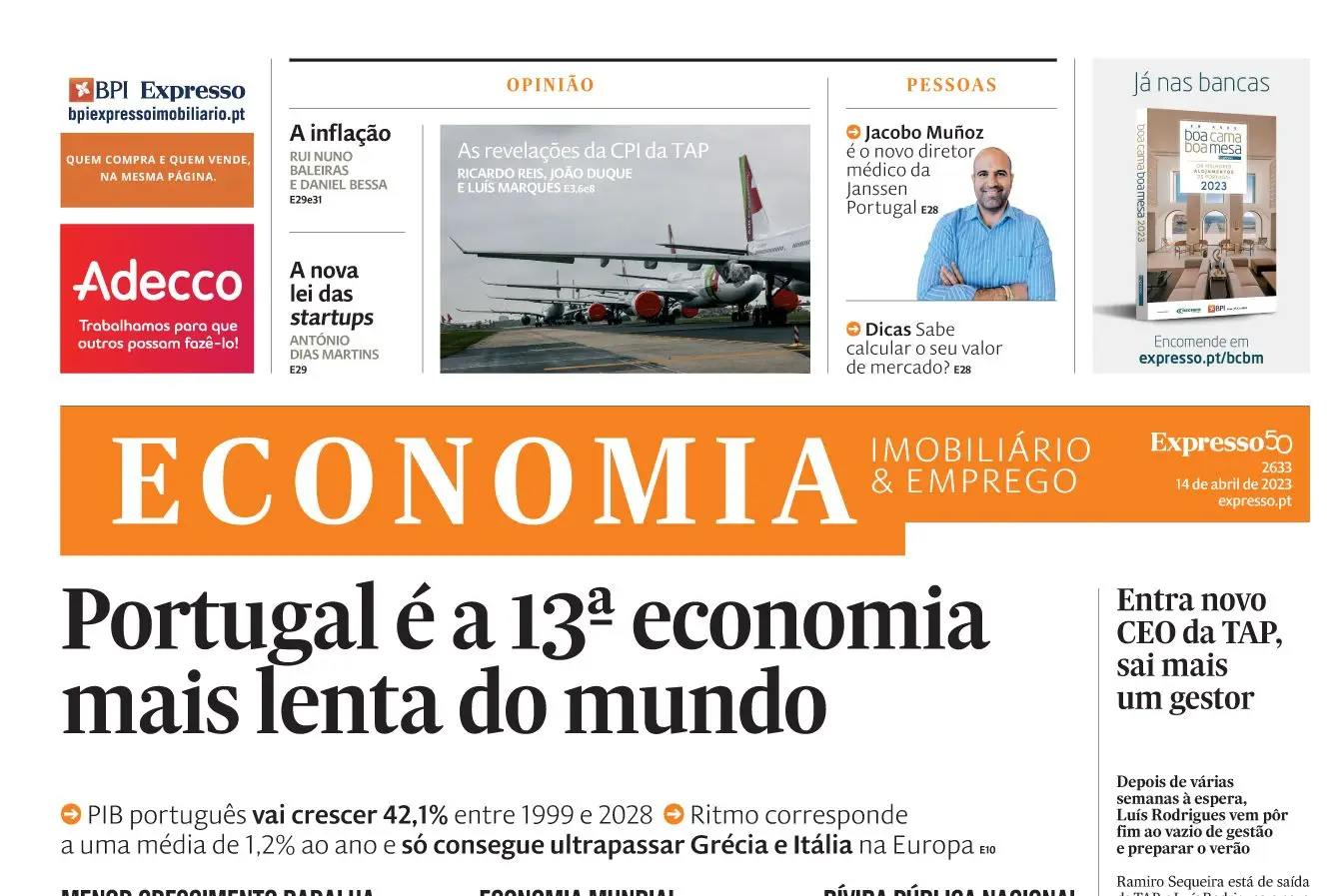In search of solutions to put the Quebec school system back on track, groups of citizens are organizing a series of forums, including one which will take place in Quebec City on Friday and Saturday, in order to counterbalance the political inaction in education.
• Read also: Education: “It takes ideas that don’t come from ministers” – Mathieu Gratton
• Read also: French at school: the gap is widening between public and private
• Read also: State of the French language: Quebec launches a platform to consult the population
For years now, the ills that afflict public schools have regularly made the headlines: shortage of teachers, three-tier school system, dilapidated schools, often difficult inclusion of students with special needs… the list is long.
“Everyone agrees that there are pressing issues in education. But nothing has really been done to tackle these fundamental issues that concern the school’s mission,” says Mathieu Bernière, high school teacher and spokesperson for the Parlons éducation forums in the Quebec.
Concerned by the situation, four citizens’ movements met recently to organize these forums, which were set in motion at the beginning of the year in some twenty regions of Quebec.
The objective: to reflect collectively on the Quebec school to make it more stimulating, equitable, inclusive and democratic.
A “historic” mobilization
This is an unprecedented exercise, indicates Mathieu Bernière, who wishes to specify that the event is completely “apolitical”.
“It’s historic, we haven’t seen that often in the history of Quebec for citizens to organize themselves to bring the government to face up to its responsibilities. Education is our young people, it is the future of our society,” he said.
The initiative has received the support of several leading figures in education in Quebec, including sociologist Guy Rocher, member of the Parent Commission which led to the creation of the public school network in the 1960s.
In the Capitale-Nationale, citizens who wish to share their concerns and possible solutions are invited to participate in the event which will take place Friday evening and Saturday, on the Université Laval campus. More than 200 people are registered.
The organizers hope that the consensus that will emerge from these exchanges will be “strong enough” to then be “politically carried”.

